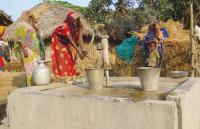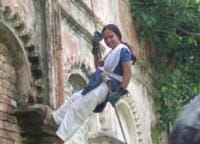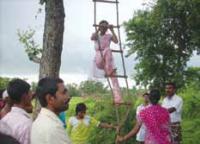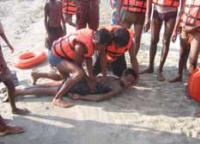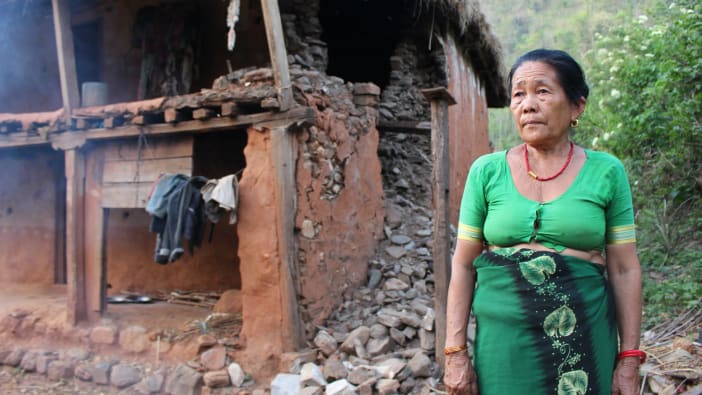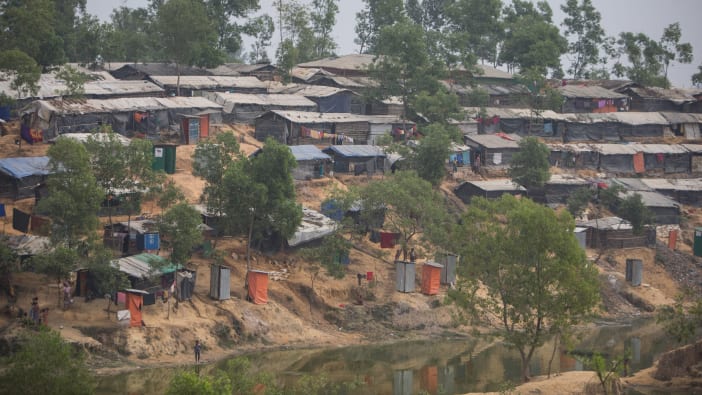A journey from relief to risk reduction and advocacy
In over 40 years of experience of disaster response, Evangelical Fellowship of India Commission on Relief (EFICOR) has evolved from being an organisation that just provides emergency relief to one that is actively involved in building the capacity of communities to advocate for people affected by disaster. EFICOR is involved in all aspects of disaster management: relief, rehabilitation, Disaster Risk Reduction (DRR), advocacy and networking.
From relief to Disaster Risk Reduction
In July 2004, Bihar State in India faced its worst floods in 50 years. The flooding affected 21 million people in 9,360 villages, spread over 20 districts. Recurring floods have made the population in these areas extremely vulnerable. Year after year, the Indian Government and humanitarian organisations carry out relief and rehabilitation activities after each emergency.
Through its experience in responding to relief situations, EFICOR realised that providing relief assistance would not encourage sustainability in a community which is faced with flooding almost every two years. They first introduced DRR in January 2003 in an area of Andhra Pradesh, Southern India, which experiences many different hazards. Flooding and drought had affected the local community, devastating crops and destroying the local economy. EFICOR went beyond providing relief, by building the capacity of the local community and taking physical measures to reduce the effects of future hazards. EFICOR staff members were trained to do social and resource mapping, and risk assessments, using the Participatory Assessment of Disaster Risk (PADR) tool (ROOTS 9 gives guidance on PADR. For more information on how to access this resource see Resources page). If crops were at risk, then analysis showed that factors such as land tenancy, cropping seasons, forming embankments along the river and the unpredictable course of the rivers made these crops vulnerable to destruction.




